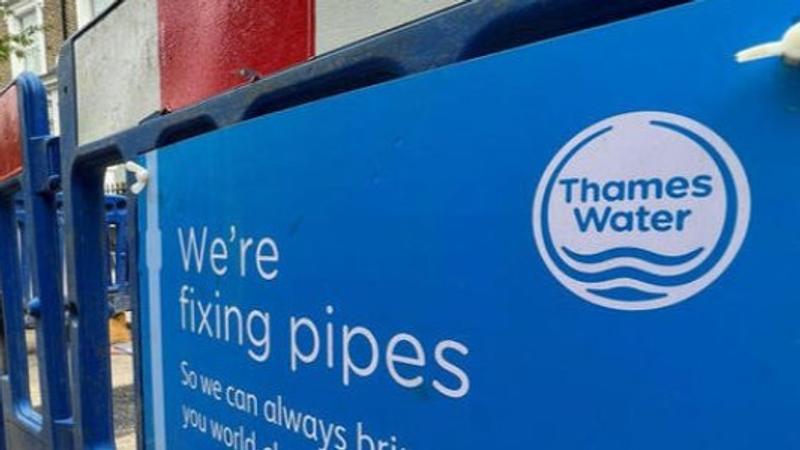Published 19:03 IST, April 1st 2024
UK’s leaky coffers are Thames Water’s lifeboat
Thames Water’s services 16 million customers, was loaded up with debt under the ownership of Australian investor.

Hell or high water. Thames Water is once again in hot water. Britain’s largest water utility warned it may collapse in 2025 if it cannot reach an agreement with its regulator over higher bills. A temporary nationalisation might give the embattled company a fresh start. But Prime Minister Rishi Sunak is strapped for cash. Asking consumers to pay more may be the least bad solution.
Thames Water’s financial strife is nothing new. The company, which services 16 million customers, was loaded up with debt under the ownership of Australian investor Macquarie between 2006 and 2016. Its debt burden meant it struggled to invest in upgrading its Victorian sewage system. It is now buckling under 15 billion pounds of debt that is getting costlier to service due to high interest rates.

CEO Chris Weston reckons he can fund the business over the coming years but wants to hike customer bills to pay for it. Ofwat, the regulator, is not keen and on Thursday shareholders raised the temperature further. They pulled the plug on 500 million pounds of funding they had promised, citing an unfavourable regulatory environment.
Paradoxically this may provide a lifeboat to Thames Water. If both Ofwat and investors refuse to budge, the business will collapse into the arms of the UK government. The problem is Sunak can’t afford to bail out such a big company. Low growth, high inflation and recent tax cuts have left the government with less than 9 billion pounds to spend until 2029, according to its own fiscal rules. But that would only cover around 60% of Thames Water’s debt and force the government to foot the bill for necessary upgrades to the water system. It would also leave no spare cash for the country’s other needs, let alone another round of tax cuts before an election likely for later this year.
Sunak could break his fiscal rules but the reputational damage from such a move means he’s better off pressing Ofwat to pass the cost on to consumers through higher bills. Although that will rile the public, it looks to be the most viable option to keep Thames Water afloat.
Updated 19:03 IST, April 1st 2024





